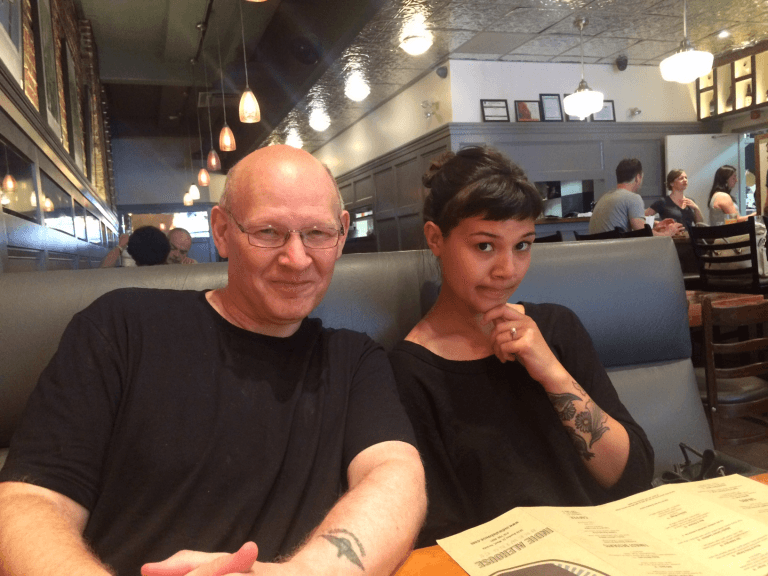MORE ABOUT BEFORE YOU GO:
- A father’s letter to an infant daughter: ‘I wanted my last name to be a burden’
- A letter to friends with mental illnesses: ‘Your lives make my life worth living’
- A sister’s letter to her long-lost brother: ‘Thank you for coming home’
- A son’s letter to his single-parent Dad: ‘He was not going to split us up’
